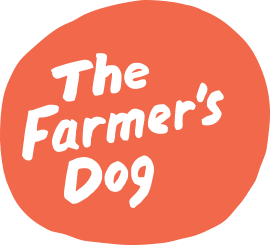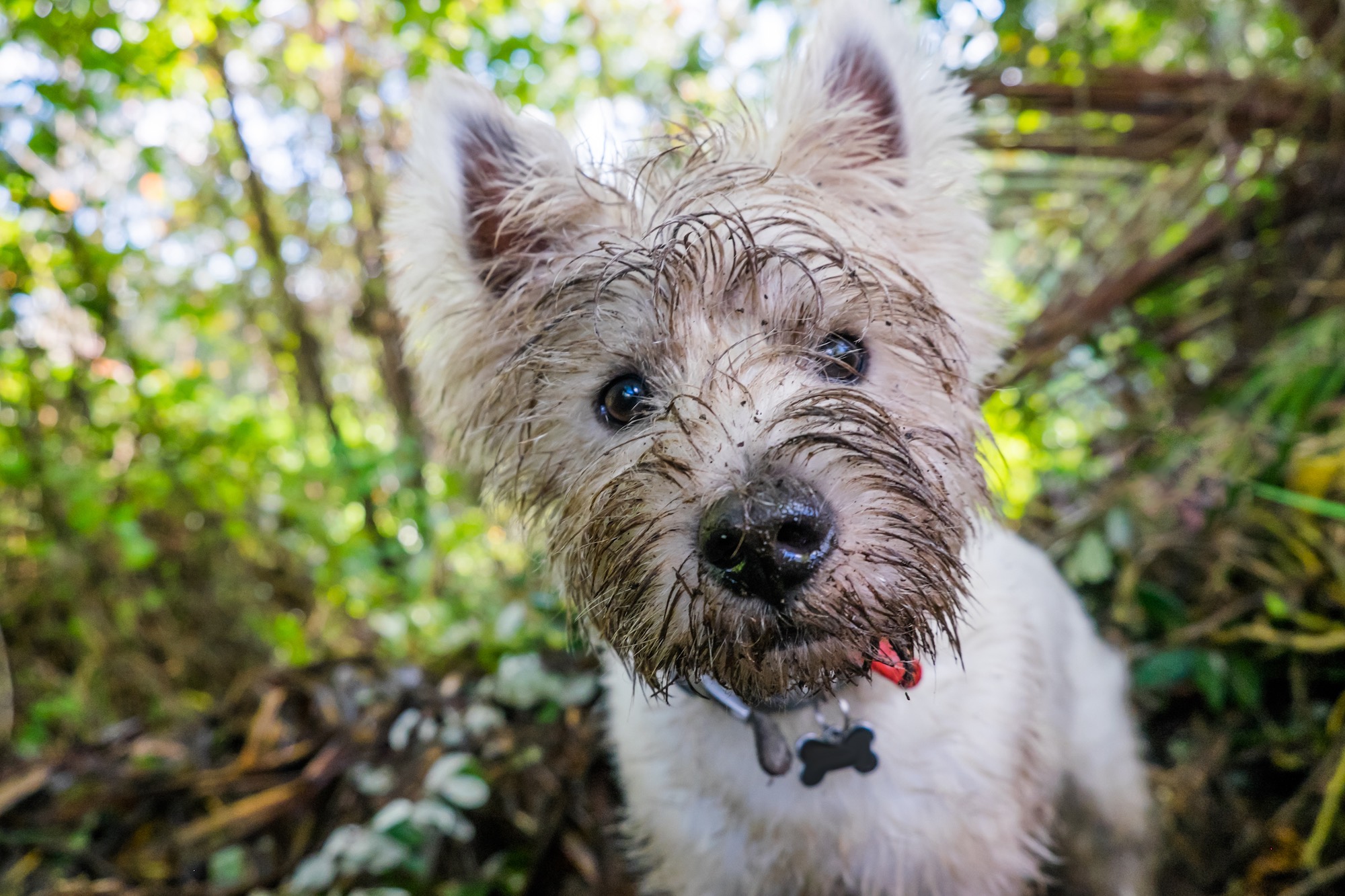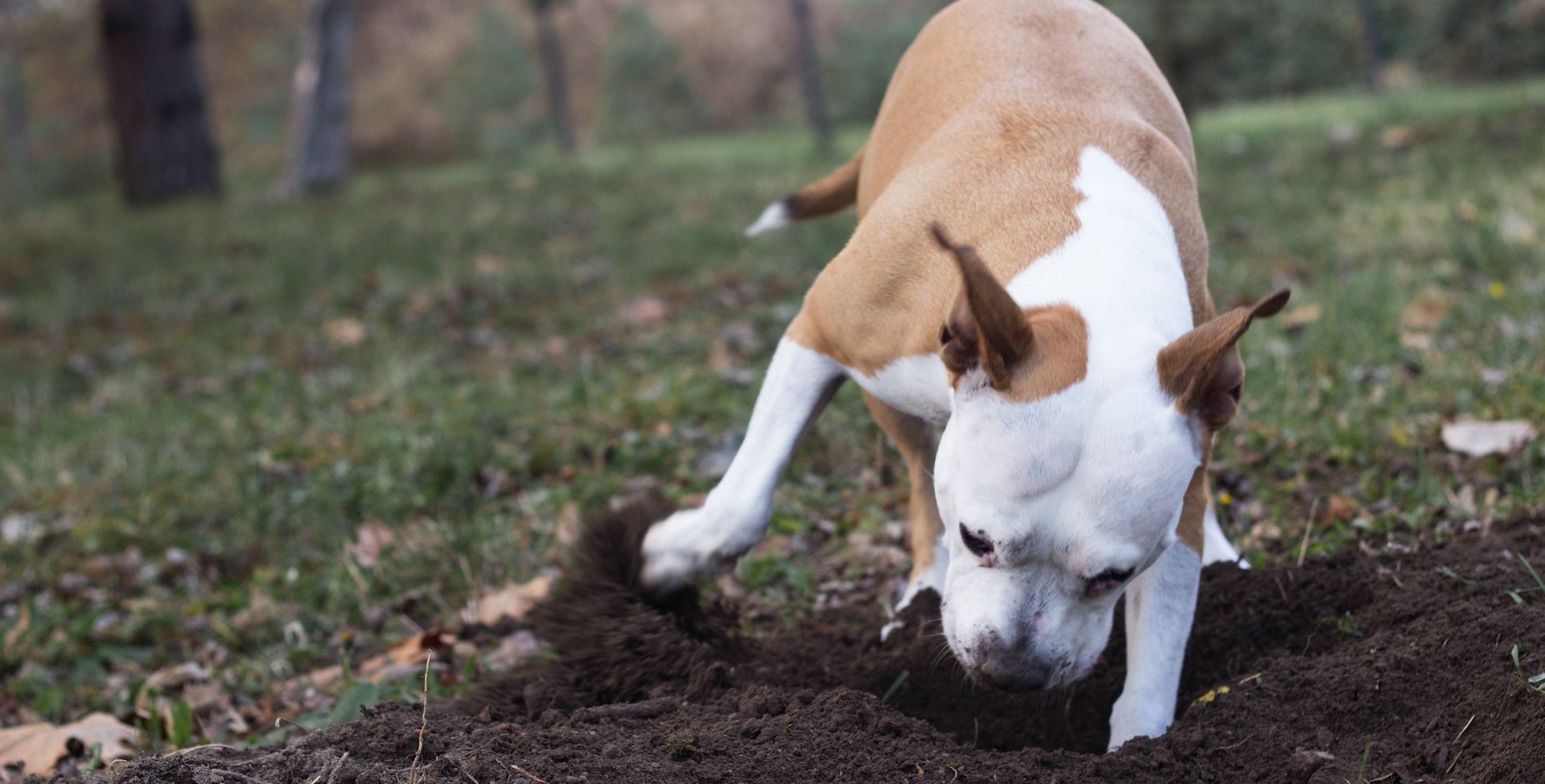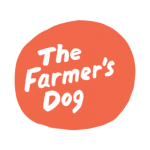Dogs are famous for their voracious appetites, and willingness to eat just about anything—even if that thing isn’t technically food. Consuming non-edible things routinely is a condition known as pica, and geophagia is a specific form of pica in which dogs compulsively eat dirt, soil, or clay.
If your senior dog grabs some dirt once, or only occasionally, it’s probably nothing to worry about. It could be that they smelled something enticing, or gobbled down a mouthful while digging. However, if you notice that eating dirt becomes a regular habit, you should speak to your veterinarian as the behavior could indicate an underlying issue.
Let’s take a look at why some senior dogs eat dirt, and what you can do to prevent it.
Why your dog shouldn’t eat dirt
First, to state something that may seem obvious, you should try to prevent your dog from eating dirt regularly. While some dog-care experts believe exposure to soil may be beneficial for a dog’s microbiome, the dirt you encounter on walks, in your backyard, or in parks has a good chance of being contaminated with pesticides, fertilizers, or other chemicals. Dirt can also harbor harmful parasites. Certain kinds of mulch that contain cocoa-bean shells are also toxic to dogs and may lead to vomiting, diarrhea, and even seizures. And if the soil contains any small rocks or sharp stick fragments, eating it can result in a throat obstruction, or a puncture to the mouth or stomach lining. Eating too much dirt can also cause constipation which can lead to impacted intestines—a condition that typically requires surgery.
Causes of dirt-eating
For puppies, simple curiosity may drive geophagia. But if your older dog has turned to regularly eating dirt, there’s likely a behavioral or medical issue that you’ll need your vet’s help to unravel.
An underlying health condition
It’s thought that some dogs may turn to eating clay or dirt seeking relief from stomach issues, in the same way that some dogs may eat grass. If your dog is showing any signs of upset stomach, like vomiting, diarrhea, or disinterest in their regular food that lasts longer than a day, be sure to see your vet right away.
Anemia—a medical condition marked by low levels of hemoglobin or red blood cells —may lead dogs to seek out nutrients by eating dirt, since they may be unable to absorb enough minerals from food. There are a range of health issues that can cause anemia including blood loss from trauma or parasite infestation, autoimmune disease, cancer, kidney disease or Cushing’s disease, hypothyroidism, consumption of toxins, or nutritional deficiency. Signs of anemia include pale gums, lethargy, loss of appetite, and black stool. If you notice any of these things, whether or not in conjunction with dirt-eating, seek your vet’s help immediately.
Nutritional deficiencies
Eating dirt regularly can indicate a mineral deficiency in your dog’s diet, or some other nutritional imbalance or deficiency. In some cases, the dog’s diet is fine, but essential minerals aren’t being absorbed due to a hormonal imbalance. Speak with your vet to find out whether any dietary changes should be made and to check for any abnormalities that may be driving this behavior.
Boredom or stress
If there isn’t an underlying health issue to blame, your older dog might be eating dirt or soil out of boredom or anxiety. A dog lacking physical and mental stimulation may start chewing on furniture, digging holes in the backyard, or compulsively eating dirt just to pass the time.
If your dog is healthy, take steps to provide more exercise. Ensure they’re getting at least an hour a day of walking or other gentle physical activity. And don’t forget mental stimulation—it’s as important as physical exercise. You can try interactive puzzle toys, 10-minute rounds of training, or nose games to keep your dog’s brain occupied and keep them from destructive behaviors. (Read more about how to provide your senior dog physical exercise and mental stimulation here).
Don’t hesitate to reach out to a trainer to talk about other strategies for curbing behaviorally motivated dirt eating.
How to stop your older dog from eating dirt
In most instances, addressing a dog’s boredom or anxiety, treating an underlying health condition or switching their diet should resolve the geophagia. Meanwhile, make a point of distracting them anytime you catch them in the act—such as with a quick game of fetch, or going for a walk. Never punish or frighten them with a sharp verbal command.
To prevent them from accessing dirt or soil in the park, keep them leashed, and at home, never leave them in the backyard unattended. Remove any potted plants at home, or place them well out of reach.
And if in doubt as to whether your dog’s geophagia is an occasional quirk or a real problem, err on the side of speaking to your veterinarian—they’ll get the real dirt on your dog’s behavior and work with you on a safe and effective solution.











